What is Dyslexia?
Dyslexia is a specific learning difficulty that primarily affects the skills involved in accurate and fluent word reading and spelling. This can impact on literacy development, mathematics, memory, organisation and sequencing skills to varying degrees. Characteristic features of dyslexia are difficulties in phonological awareness, verbal memory and verbal processing speed (Rose, 2009).
The characteristics associated with a specific learning difficulty impact upon a range of skills and tasks operating across all learning processes (with additional demands posed by examinations in particular).
Dyslexia can co-occur with other SpLD’s and most commonly with dyspraxia, other co-occurring difficulties include AD(H)D, Autism and Dyscalculia.
Many dyslexics are never formally identified and can have very successful careers by using the positive aspects of their SpLD. We all know about Richard Branson , Richard Rogers and Tom Cruise but the CEO of Goldman Sachs is also dyslexic and puts his success down to his dyslexia. Many others have experienced huge difficulties which have led to impaired self esteem and motivation when teachers around them have not understood the complexity of their needs.

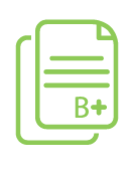
We carry out Diagnostic assessments for pre and post 16 year olds. Our assessors are based nationally and can offer a quick turnaround
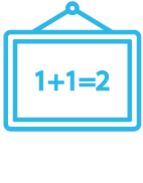
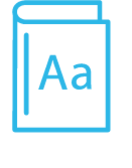
We can offer full diagnostic assessments and support to help parents enable their children reach their potential.
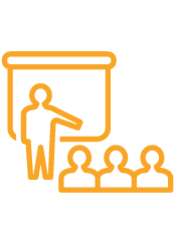
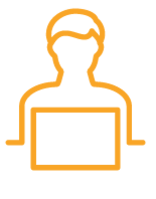
Are you meeting the Equality Act (2010) for your employees? We run Accredited awareness training for organisations


We can offer INSET training at competitive rates and we can carry out Group screenings or carry out testing for Exam Access Arrangements
What are the signs of Dyslexia?

Unexpected discrepancies
for example good vocabulary and oral ability but not being able to put ideas down on paper

Poor sequencing
days of the week/months of the year

Concept of time
Poor concept of time or not being able to tell the time

Remembering instructions
Not being able to remember instructions or repeat back a telephone number

Poor sense of direction
difficulty telling left from right

Numbers or letters
Reversal of numbers or letters and Forgetting PIN numbers

Good days and bad days
or as one adult described to me "good months and bad months"

Clumsiness

Sport
Not being good at team sports

Fatigue
particularly at the end of a school or work day due to having to work so hard to keep up with everyone else
Helpful Resources
There are many good sites for both parents and employers and these are just a few of them;
Price List from 1st January 2023 ( all prices do not include VAT)
Child Assessment £550 - if your child is in receipt of free school meals we can offer a discount (please email info@positivedyslexia.co.uk). If an associate is used we will invoice you for
Adult (Post 16) Assessment £600 - these can be done online.
Work Place Needs Assessment £395 plus travel if needed - these can be done online. We can offer a joint Diagnostic/Work place needs assessment .
Training from £250 plus travel if needed
We also have a range of pre-recorded webinars from only £10 available through Eventbrite.
The BDA (British Dyslexia Association) is a national charity and their Helpline is open to parents, teachers, employers and adults. They can be contacted confidentially on 0333 405 4567. They have a bursary fund that can be applied for.
The BDA have a network of Local Dyslexia Associations which you can join and meet other parents with similar issues. Go to BDA Dyslexia to find your local Association and support each other.

SUPPORT IN EXAMS
Many children with dyslexia need Study Skills support before exams - our Study Skills webinar may help parents understand why.
Depending on their 'normal way of working' there may be Access Arrangements available such as being able to use a laptop in GCSE's. Our assessments are carried out by current APC holders and so any report can be used for an application for DSA.
USING ICT
Increasingly children and young people are using computers and other forms of ICT in exams as well as in the classroom. Our webinar by Arran Smith shows the range of options available in Microsoft. Email us for more information.
If you are learning to touchtype resources such as Touch Type Read and Spell or English Type Junior/Senior are suitable for dyslexic children.
The free BBC Dancemat programme can help also.
SUPPORT FOR EMPLOYEES
Many employers have their own Disability Networks and even Dyslexia Champions within their organizations eg Ernest and Young, Genesis Housing etc. The BDA have useful information on their website.


